Our Safety Training for Volunteer Managers in Nepal
Preparing for life on our Expeditions
Covering all aspects of Expedition life, from the complexities of working within Nepal’s international development sector to using personal protective equipment to construct Water, Sanitation & Hygiene (WASH) facilities, safety is central to Raleigh’s Expeditions. Experiential and ‘action learning’ approaches are combined with more traditional styles to cover Raleigh’s code of conduct, safety, security in Nepal, and safeguarding knowledge.
Our Deputy Operations Management team, WASH and Livelihoods experts, Expedition Medics, and communications team, together with local project partners Goreto Ghorka, have facilitated the training for the volunteer managers. They have learned about first aid, Expedition logistics, sustainable supply chain management, impact case studies, and Raleigh Nepal’s programmatic work in practice. They have also undertaken a strenuous trek, putting their navigation, route mapping, and team-building skills into practice.
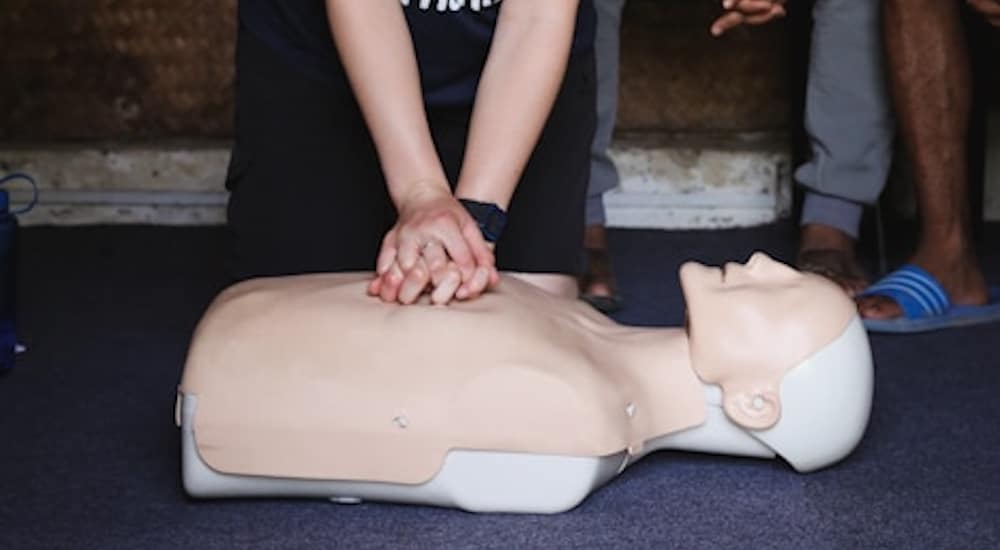
Often working in remote communities, Expedition logistics includes the capacity to conduct dynamic risk assessments in local contexts. Volunteer managers have considered all eventualities, for example, the likelihood and impact of weather-related events such as heavy rainfall during monsoon season and the actions they would take to safeguard volunteers.
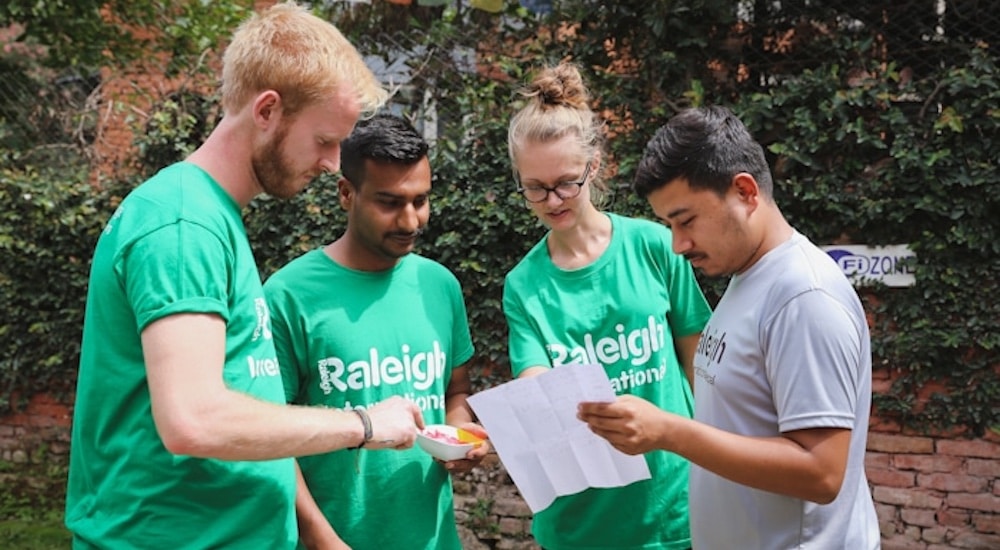
Action learning in the community
Unique to Nepal, action learning occurs within a previous Raleigh beneficiary community. This was the high point for many of our volunteer managers. They met Shree Krishna Tole community members and saw firsthand the impact of Raleigh’s WASH, behavioral change, and awareness-raising programs.
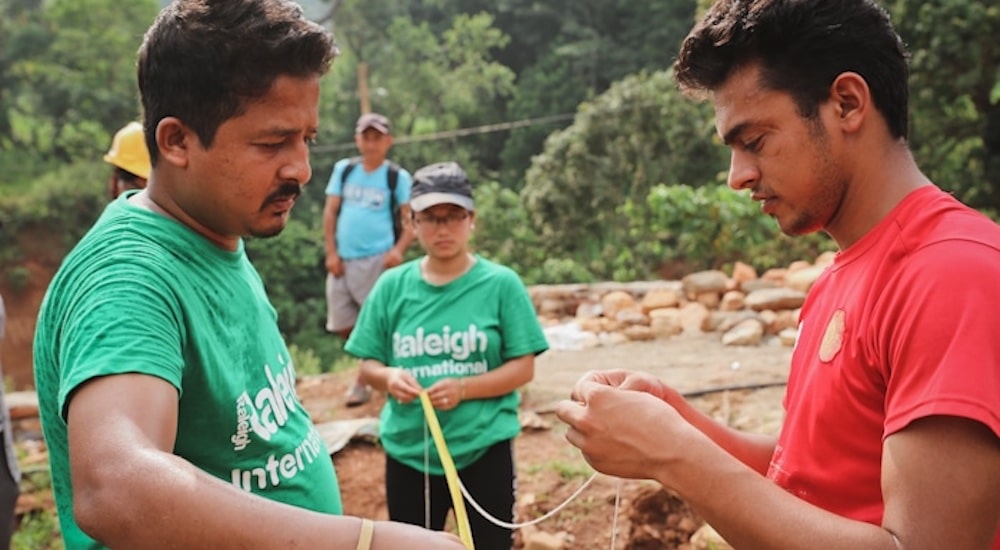
An intrinsic part of the Raleigh experience, successful project delivery requires the ability to work with partner organizations, local communities, and broader stakeholders. The training program embraces leadership development, communication skills, and the facilitation of community participation and ownership of WASH projects.
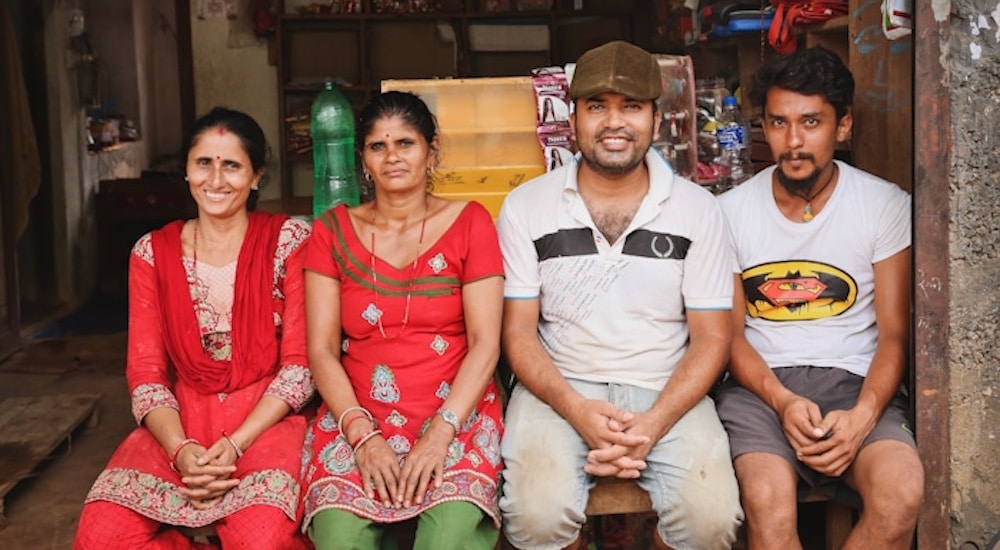
The Shree Krishna Tole WASH Committee
The advancement of sustainable community development through active global citizenship is key to all Raleigh programs. During this training, volunteer managers have developed their understanding of the crucial role of young people as a force for change within the 2030 Agenda for Sustainable Development. They have developed their skills in managing and motivating young volunteers to equip them for the challenges that lie ahead.
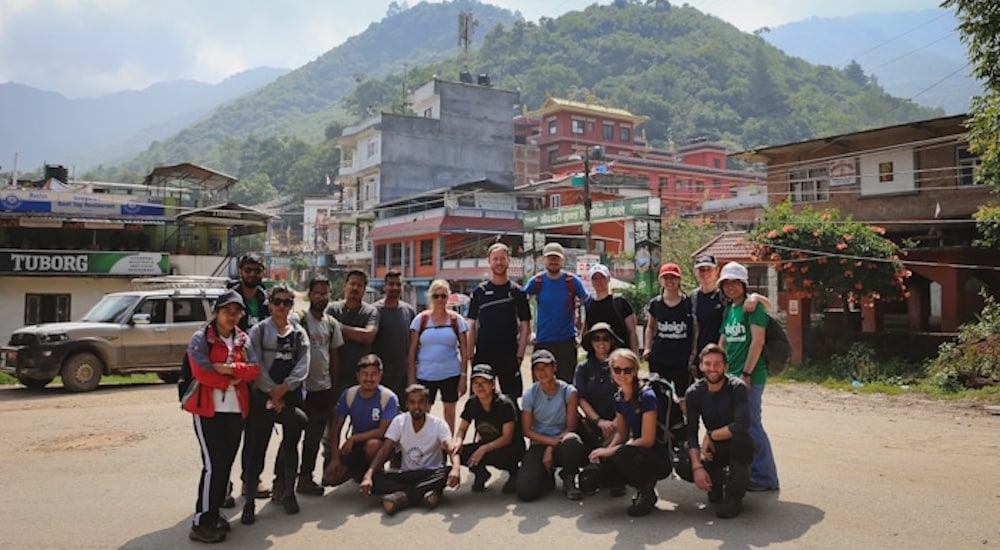
Blog post by Communications Officer Susie Hill and Photography by Rachael Sture.
Find out more information about our exciting up-and-coming expeditions.
Need more information about Expedition?
Consultation call
Whether you have a specific question or want to discuss which Expedition is right for you, schedule a call with a member of the team at a time convenient to you.
Join an info event
On our monthly online info events, we’ll tell you all about Expedition. Have your questions answered, meet other volunteers and find out what Expedition is really like from an alumni.
Download a guide
Find out all about Raleigh International and Expedition in our helpful information guide.



